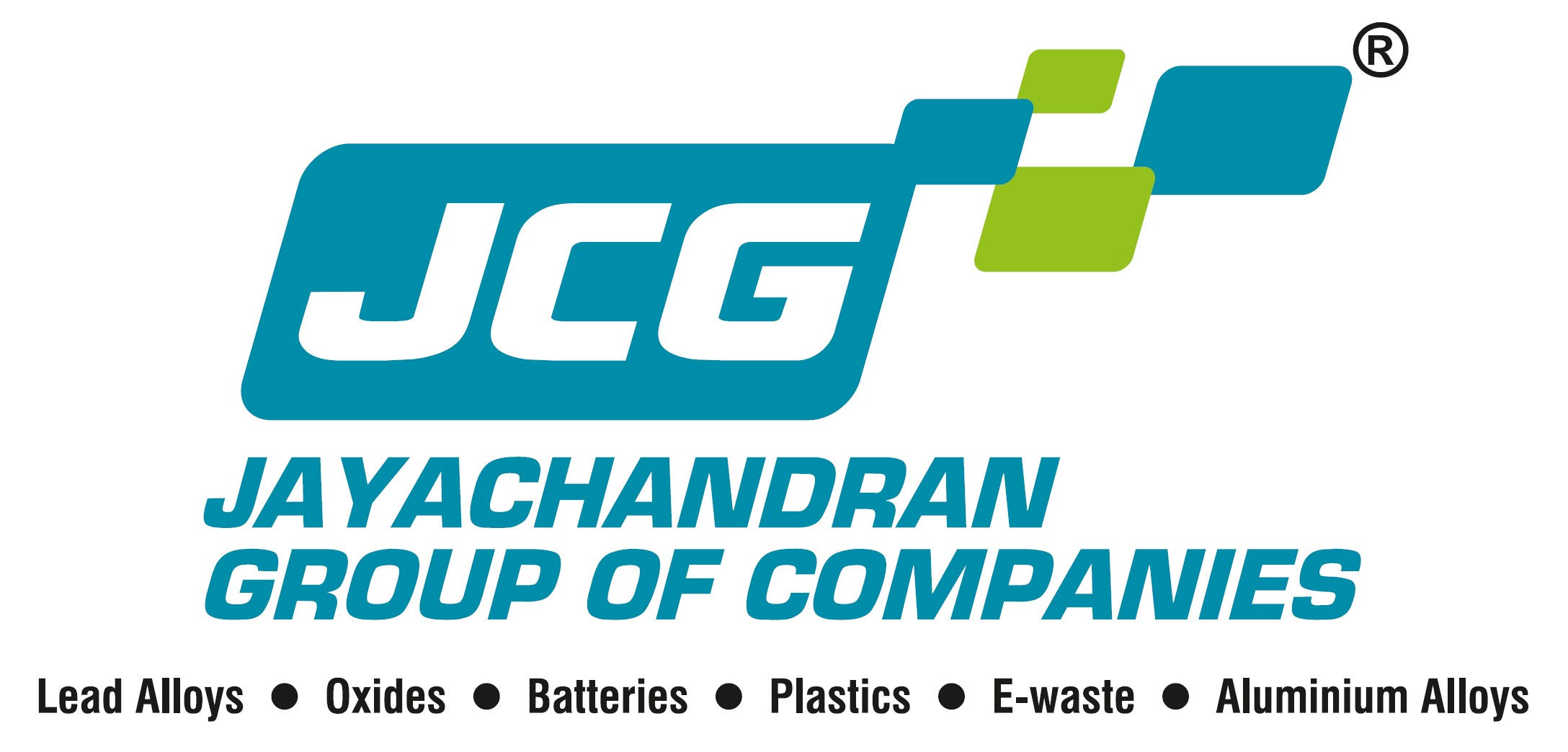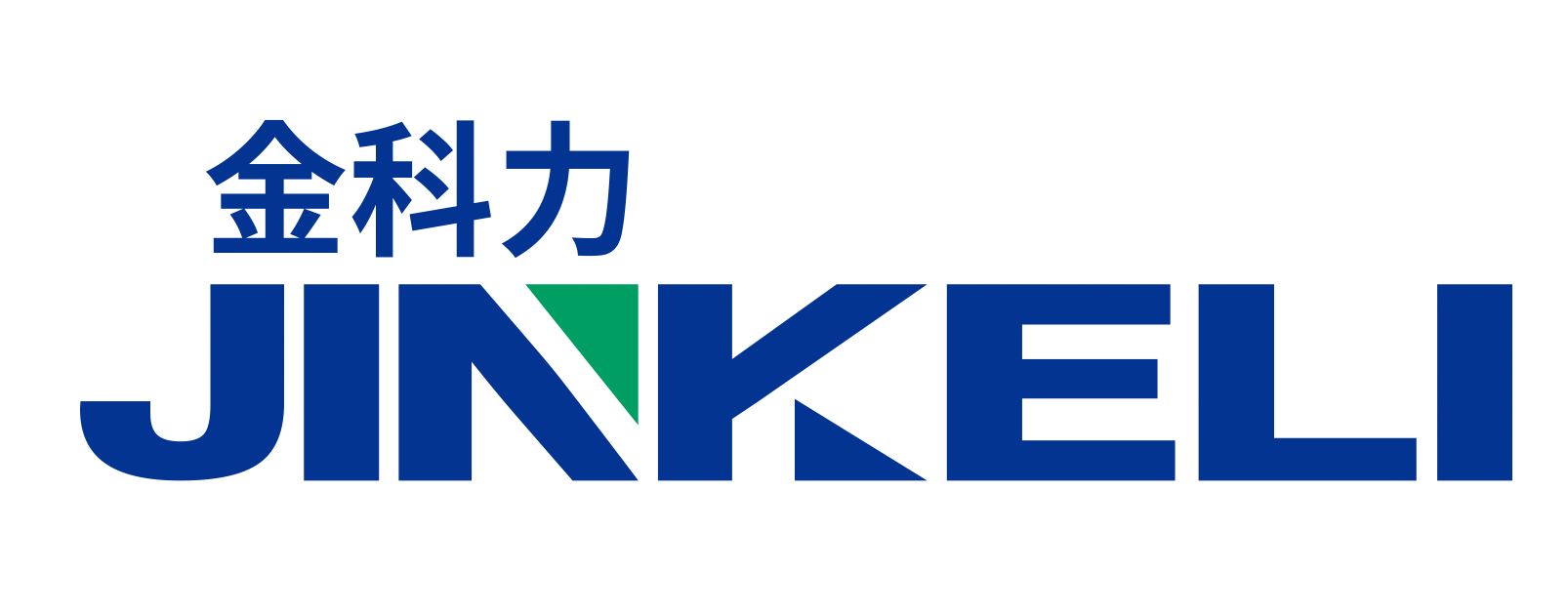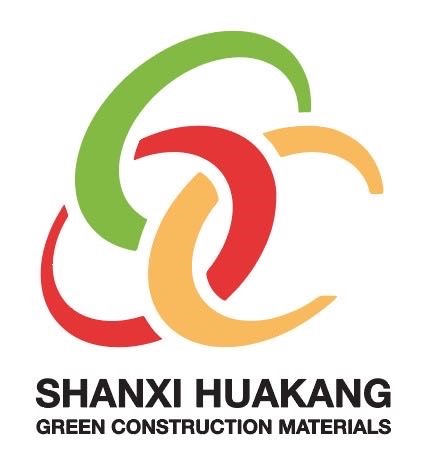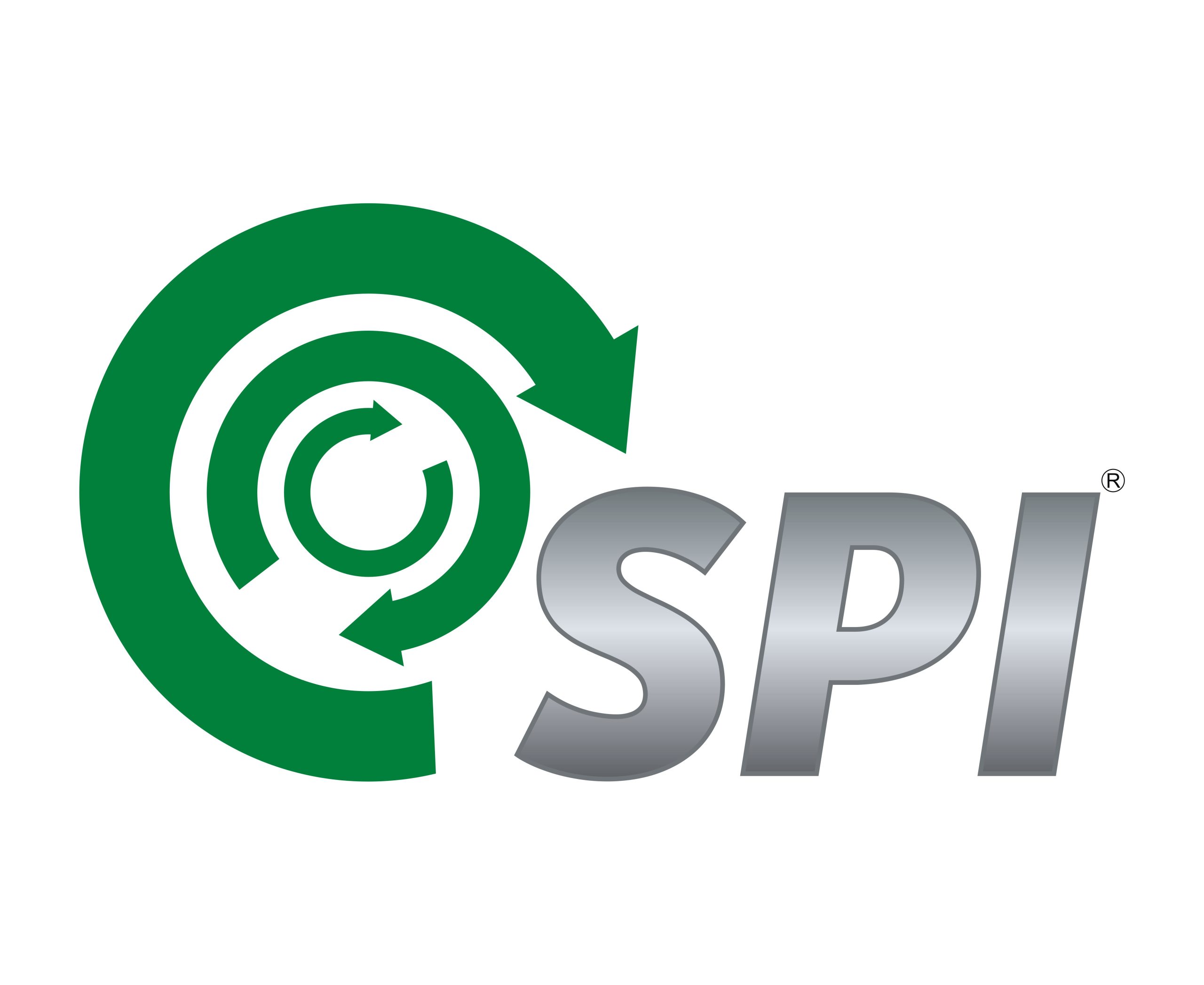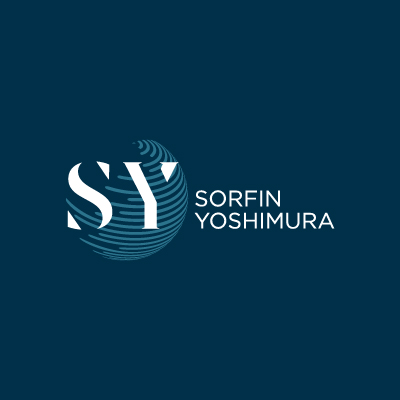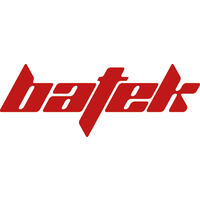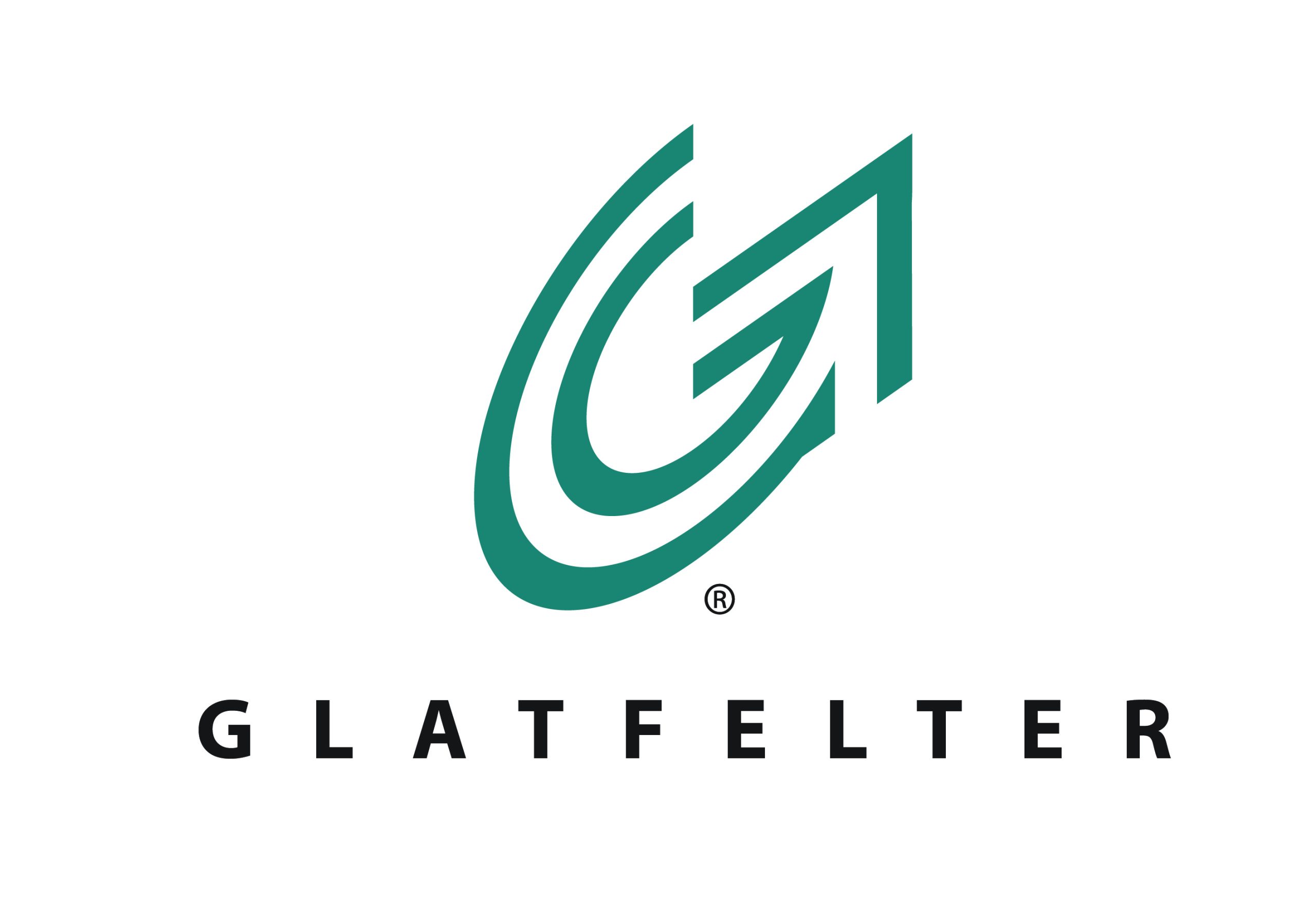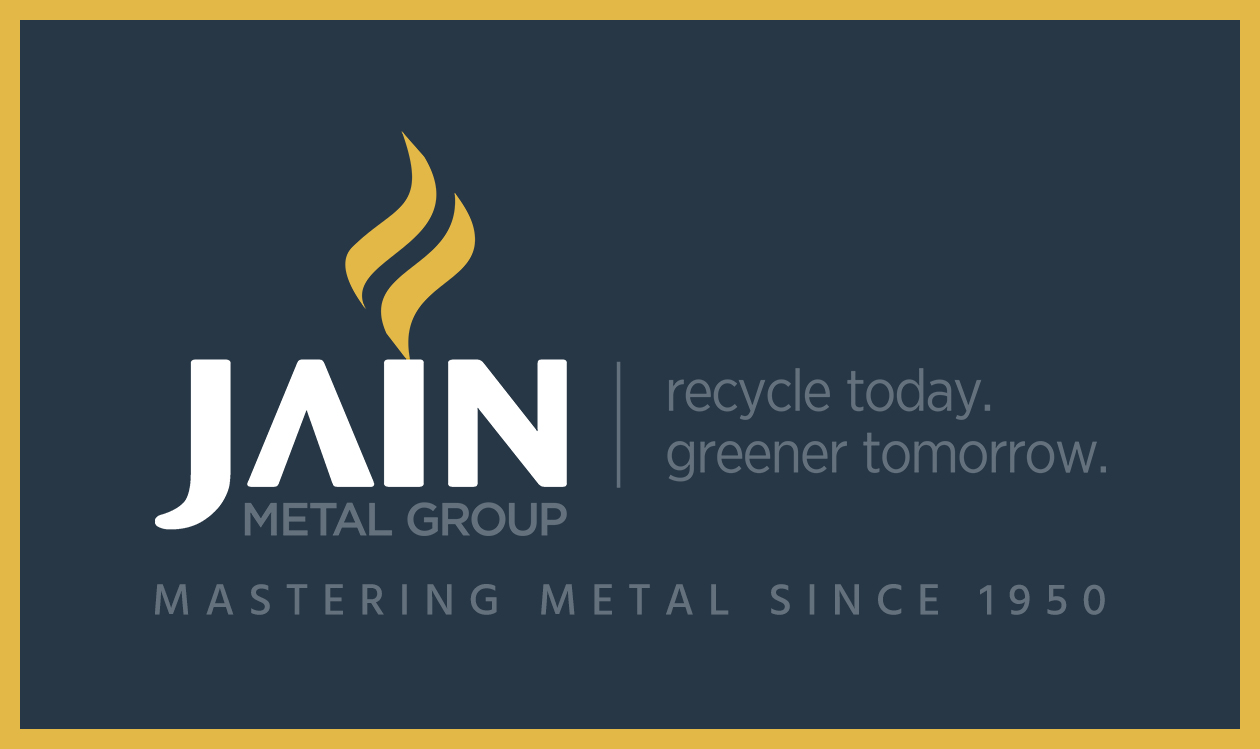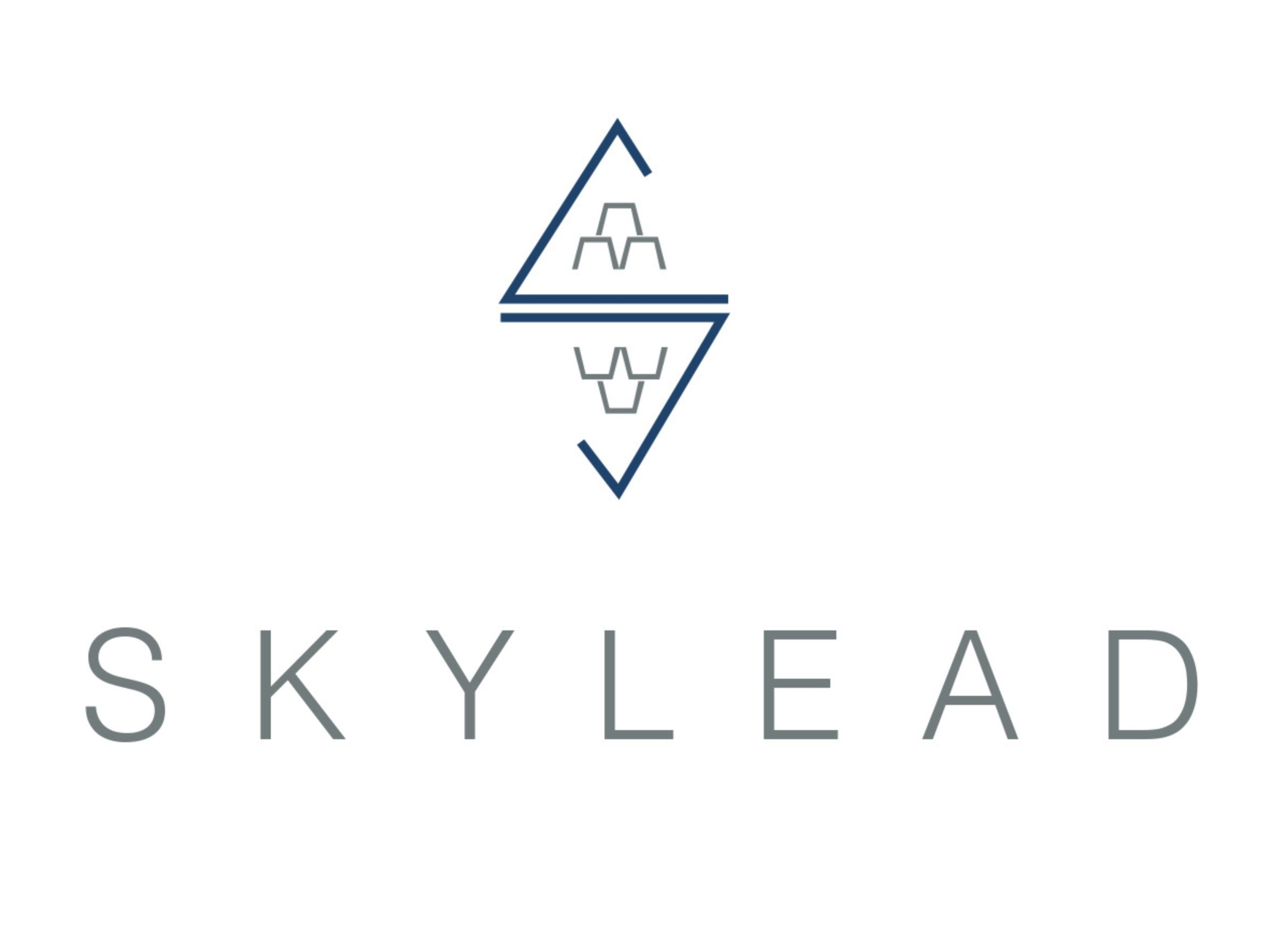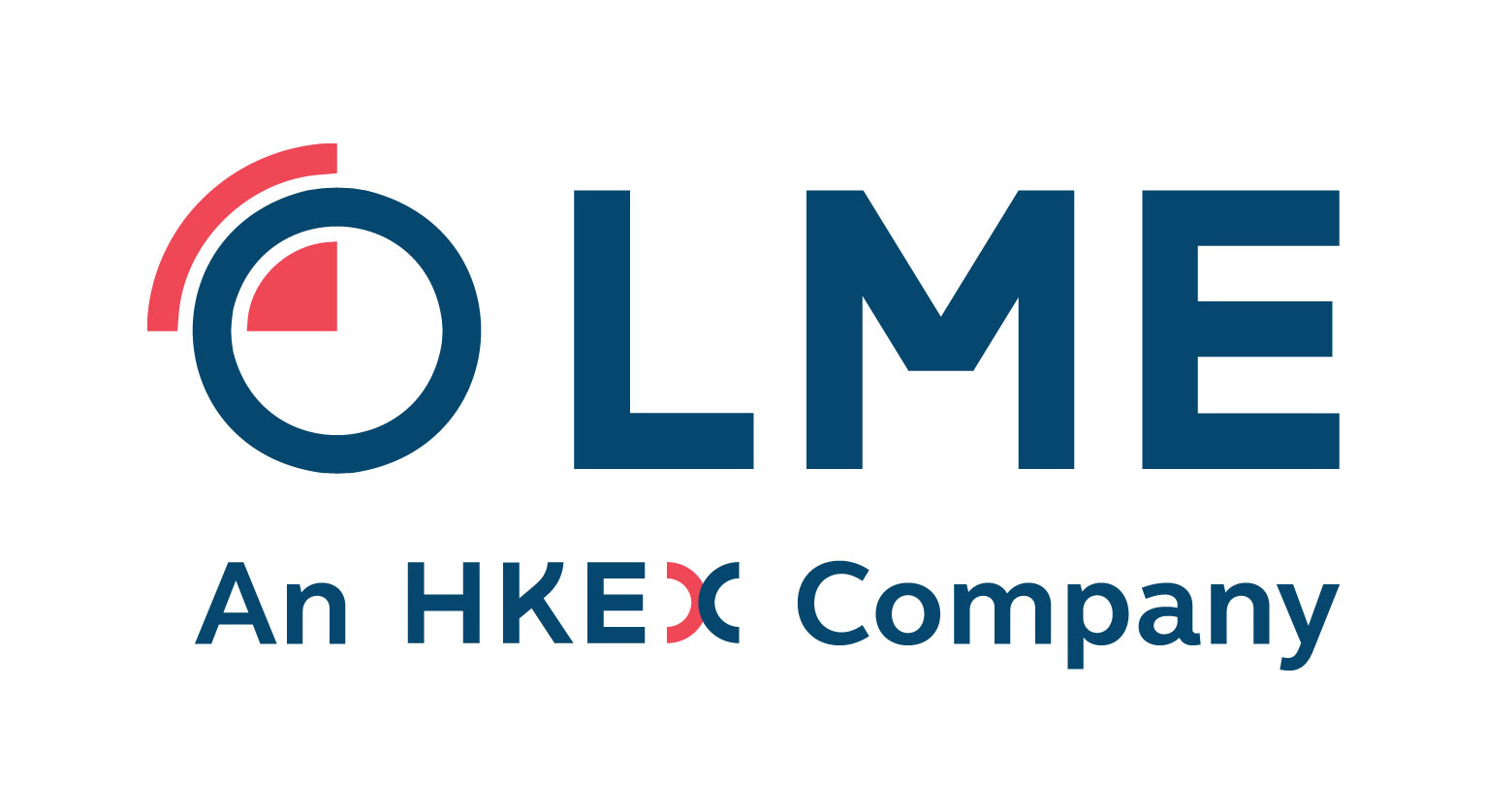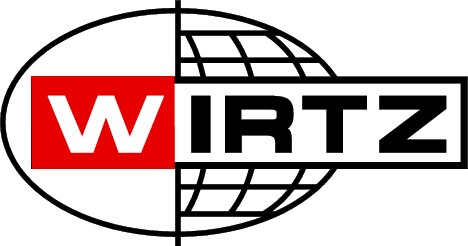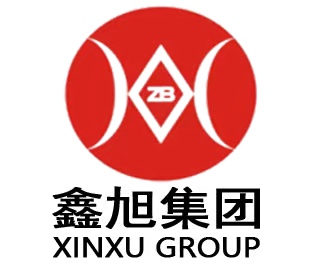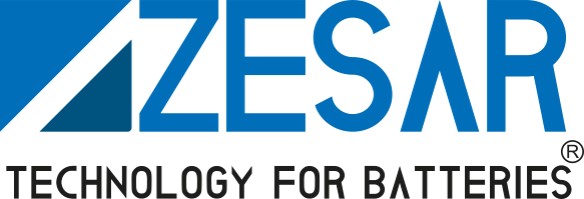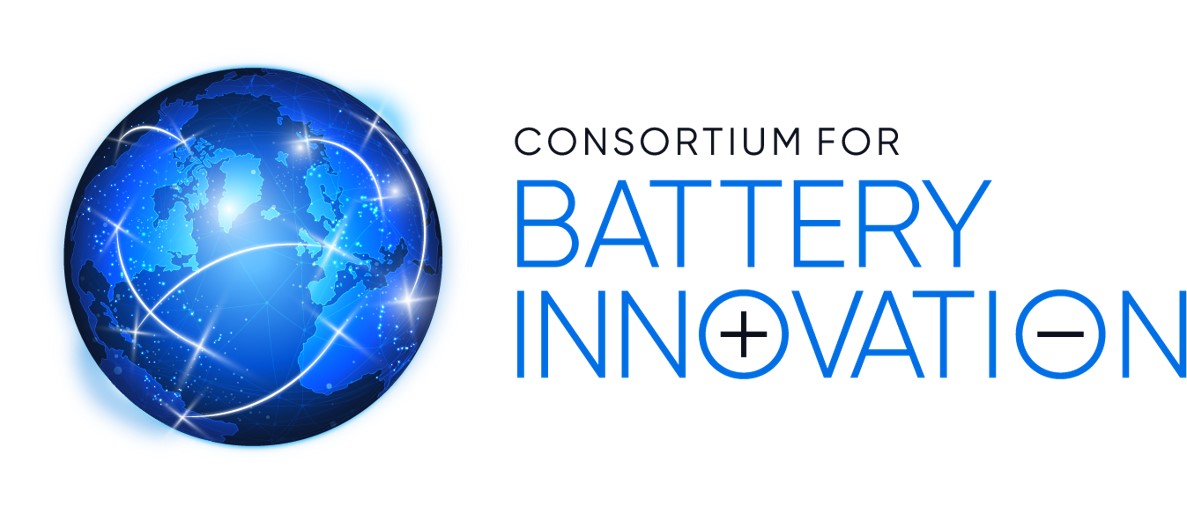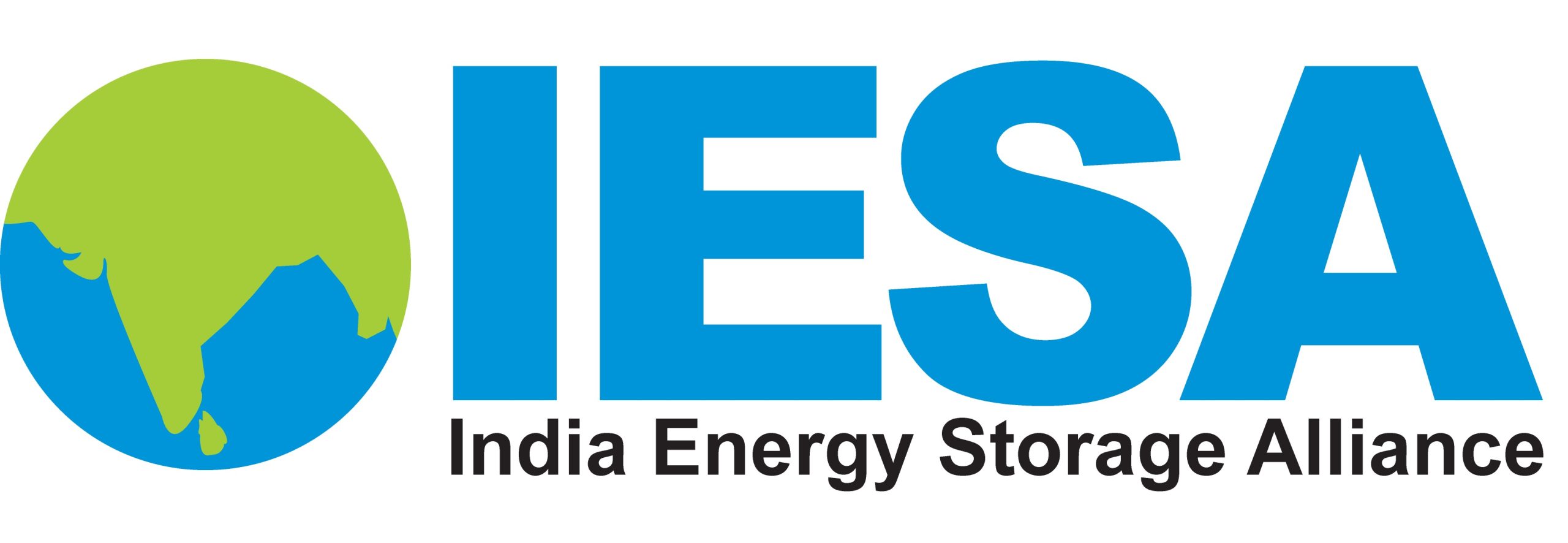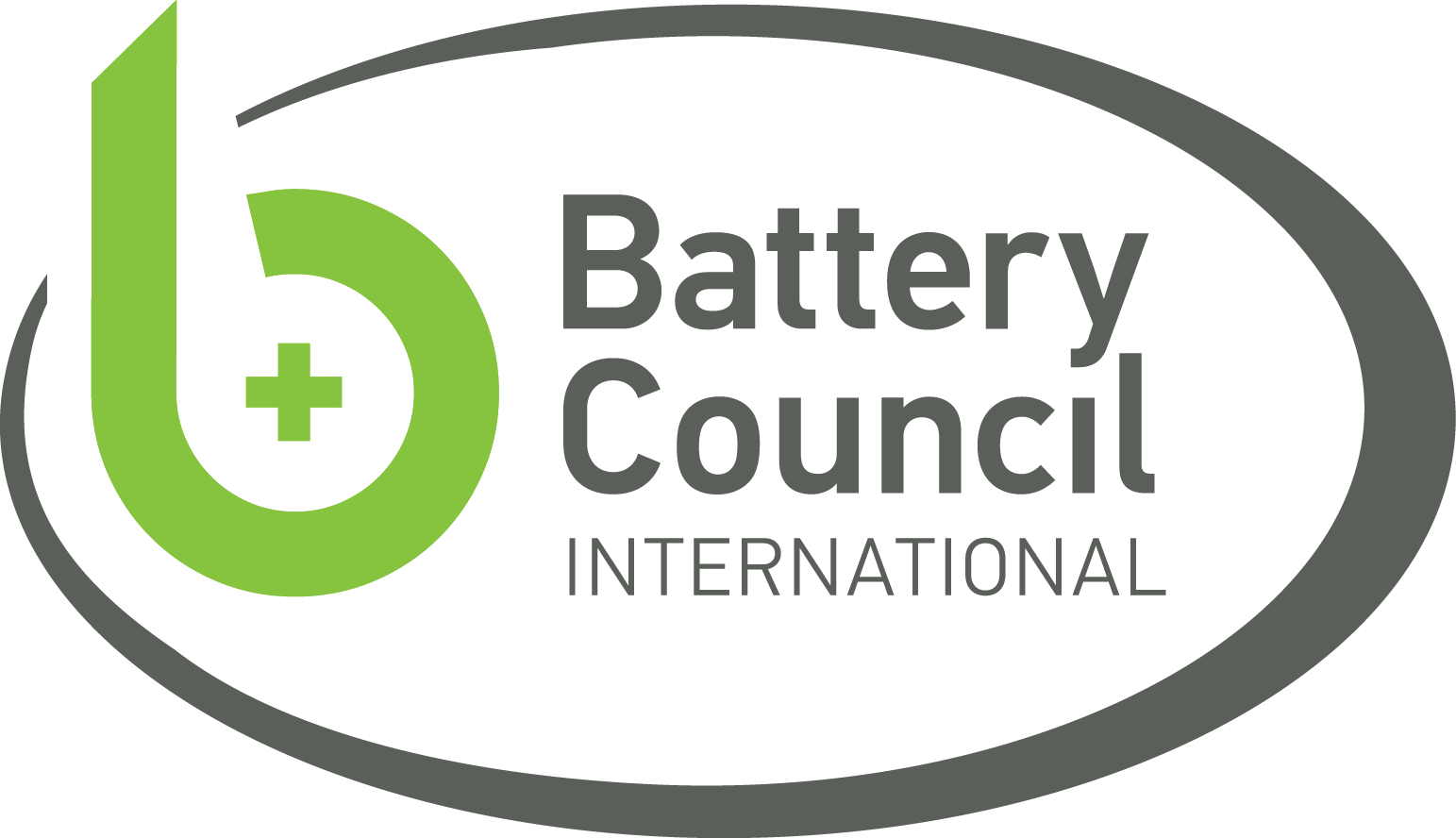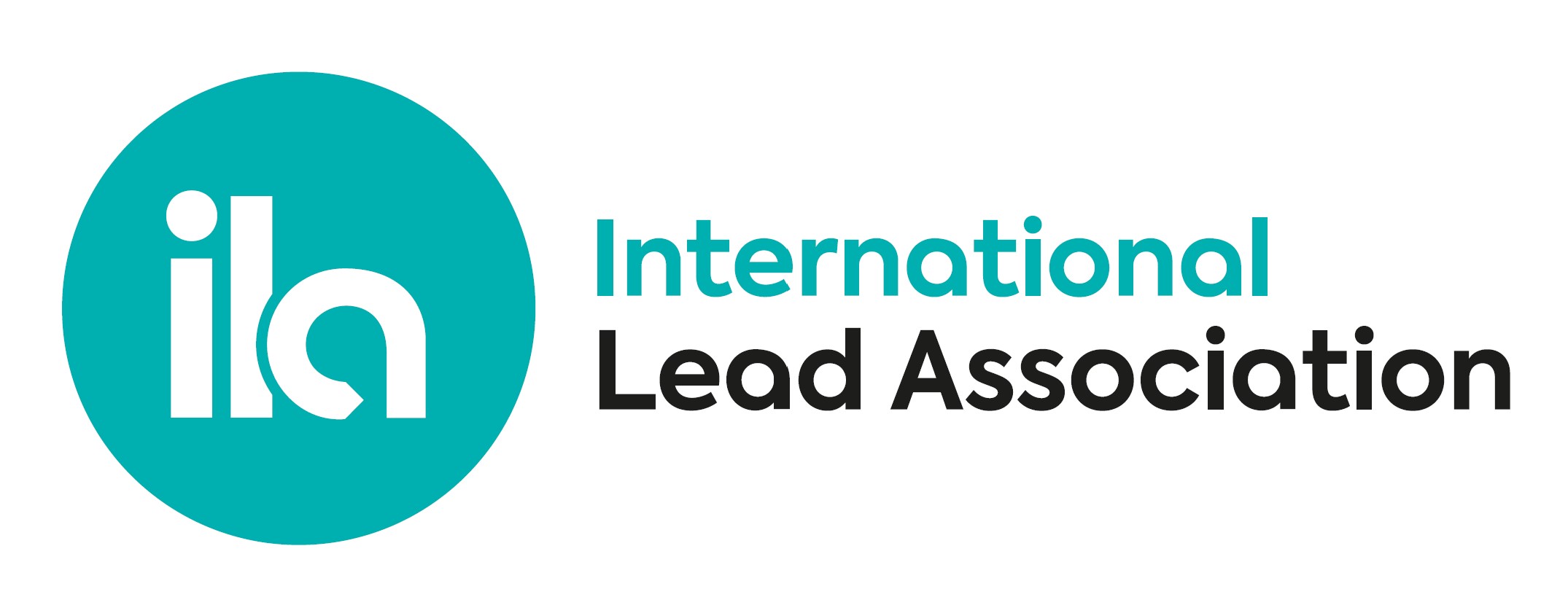VRLAB have an increased demand for new automotive and industrial applications. Automotive requirements are changing due to progressive vehicle electrification (higher charge–discharge power); therefore, energy storage requires longer cycle-life under partial state-of-charge (PSoC) conditions. However, the additives used for the most advanced VRLA designs are remarkably similar to the already stablished materials for flooded batteries.
Positive Active Mass (PAM) additives have not been extraordinarily successful due to the highly oxidative conditions, particularly during the formation process. Carbon materials are not stable, but graphite increases porosity and PAM utilization, thereby being relatively stable during the cycle-life. Silica compounds have also been assessed as porosity enhancers. Nevertheless, PAM failure modes (softening and shedding) require that expansion should be restricted by high pressure cell designs (spiral wound and/or reinforced boxes).
Negative Active Mass (NAM) formulations are based on the experience acquired with automotive batteries under overcharge conditions. New expanders have been developed with flooded cells assessed under PSoC conditions, where high-water losses are not so critical for battery life. These expanders may not be adequate for VRLAB because oxygen recombination reduces overpotential and thereby oxidize carbon and organic materials.
VRLAB performance is limited by the available amount of electrolyte amount. Rechargeability and deep-cycle life can be enhanced by PAM, but also influenced, by NAM additives. Carbon is limited by two counteracting effects: electrochemically active surface-area and water loss. Composite NAM lead–carbon additives reduce hydrogen evolution and, in combination with PAM porosity enhancers, may improve performance and cycle-life of high-pressure VRLAB designs.
Presenters
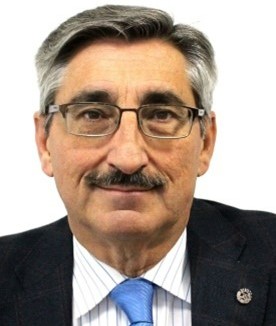
Francisco Trinidad holds a PhD from Madrid University. In 1977, he joined the Tudor group and became the Director of Industrial Development. Following Exide’s acquisition of the company, he was assigned senior management roles in R&D and lately Director of Battery Technology. He is the author of 24 articles, over 75 presentations in battery conferences and 14 international patents. Francisco’s current activities are to promote new technological approaches for automotive and industrial VRLAB applications, including the use of varied materials for positive and negative plates, and new alternative designs such as bipolar or pure lead-tin plates.



